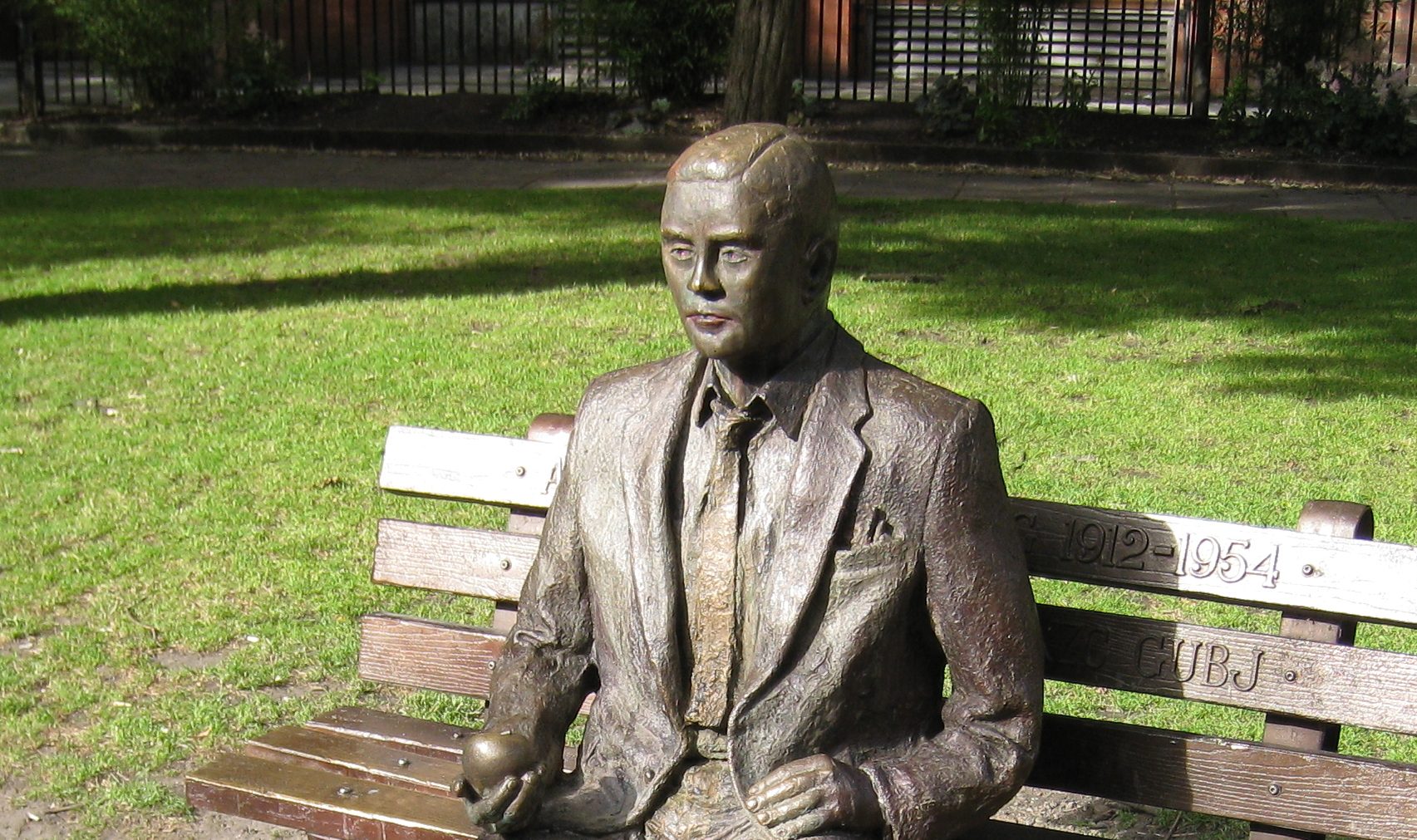Thousands of gay men have been pardoned posthumously for homosexual acts that are no longer crimes. This comes after the Policing and Crime Bill 2015-16 to 2016-17 received royal assent at the end of January. The bill allows the criminal records of deceased individuals to be removed.
This follows the 2013 pardoning of Alan Turing, a gay man responsible for breaking German ‘Enigma’ codes during WWII. Turing, better known to some through the 2014 film ‘The Imitation Game’ rather than from history lessons, was convicted for gross indecency and was driven to suicide in the mid 1950s. Turing is considered by many as the father of computer science.
The pardon has been widely welcomed as an apology from the state to the gay community. However, this may be too little and too late, considering that these men are already deceased, and unable to experience this ‘forgiveness’. Additionally, Peter Thatchell told the Guardian: “A pardon has connotations of forgiveness for a wrong done. These men and the wider LGBT community believe they did no wrong.”.
The Guardian also writes: ‘There is already a procedure in place for the living to apply to the Home Office to have their past convictions, relating to same-sex relationships, expunged from their criminal records.”.
However, John Nicolson MP’s Sexual Offences (Pardons etc) Bill, which would allow men convicted or cautioned under historic anti-gay laws to seek pardon, is still being scrutinised by parliament. Peter Thatchell acknowledges the limits of this bill, including the fact that only relatives of deceased, gay men can seek pardon, and convicted lesbians would not be pardoned for certain convictions.
It is important to challenge outdated legislation that discriminates against those in the LGBTQ+ community. Especially so considering that measures like ‘Clause 28’, introduced in the late 1980s, which banned schools and public institutions from ‘promoting’ (or, perhaps, supporting) homosexual behaviour as normal, were in force until early- mid 2000. The UK Home Office has also been accused of deporting homosexual asylum seekers, who face prosecution, death and/or violence at home, in recent years.
Clearly, the fight for equality and LGBTQ+ rights is far from over, contrary to popular belief. Whilst the ‘pardon’ extends sympathy and apology, it may not go far enough to excuse the ruining of lives, caused by historical anti-homosexual legislation and prosecutions.

